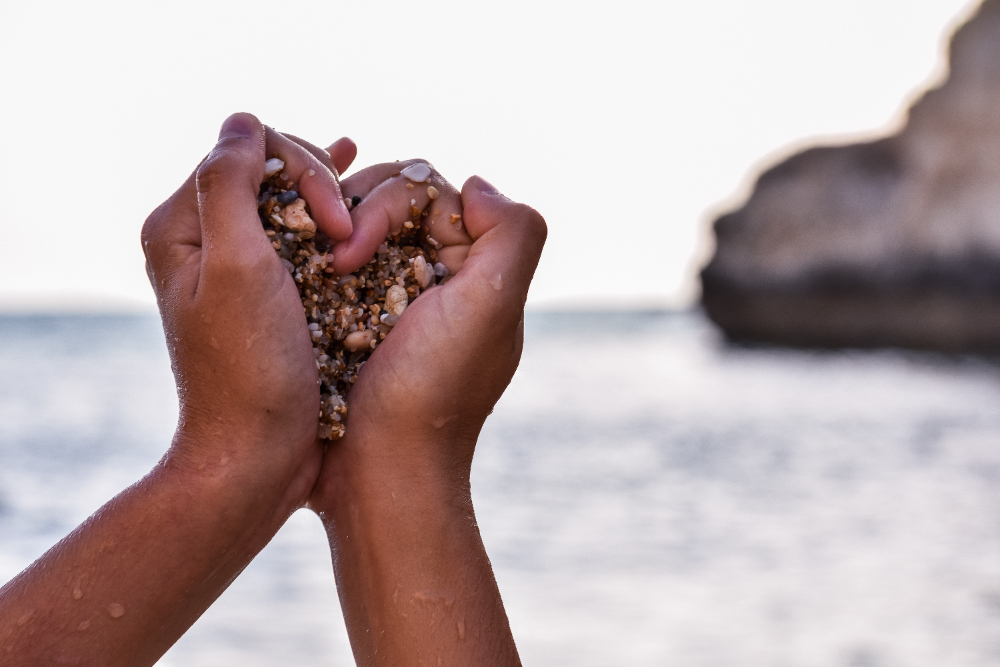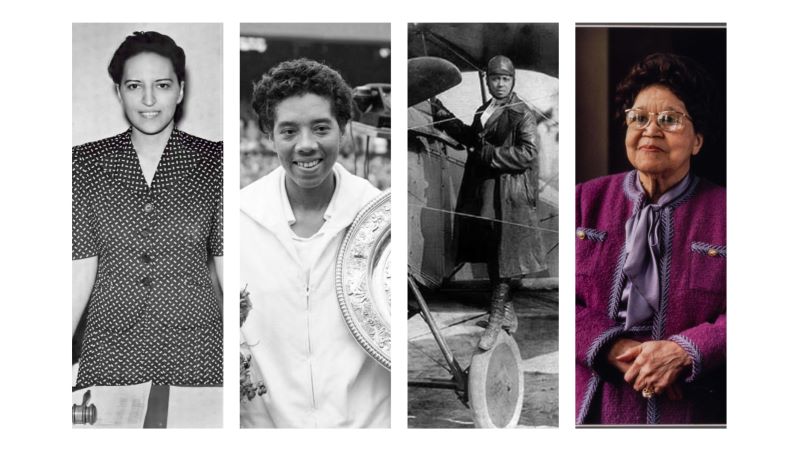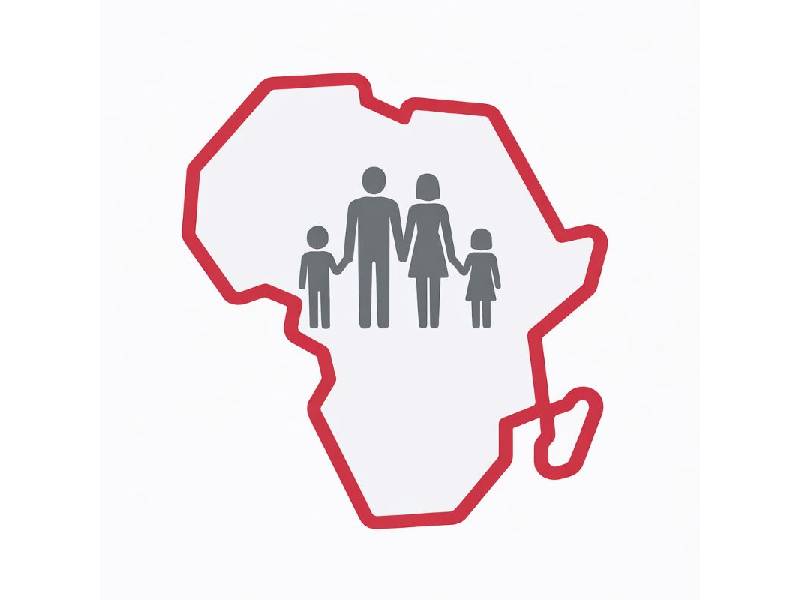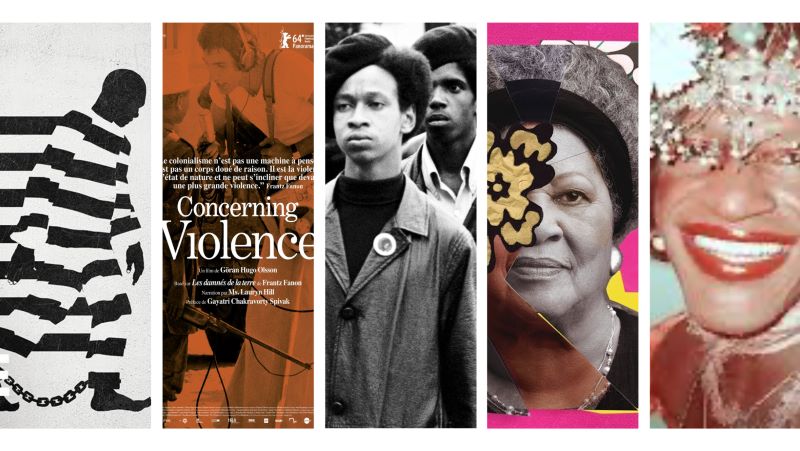Image Source: Freepik
December 26, the day after Christmas has always been celebrated as Boxing Day across many countries. Opinions around the origin of these celebrations have always varied with some ascribing the day as a time when employees would offer gifts wrapped in boxes to deserving employees a day after Christmas. Many also allude to them as a time when churches would open their alms boxes and give out whatever had been donated/collected to the poor.
In modern times, Boxing Day, while continuing to remain synonymous with the giving and receiving of gifts, is also a day for shopping and engaging in varied forms of activities that serve as entertainment and part of the yuletide festivities.
But in some countries, December 26 provides an opportunity to reflect on history and celebrate certain commonalities that have impacted their progress as a nation. One such country is South Africa which celebrates December 26 not as the traditional boxing day but as a Day of Goodwill.
Established in 1994, by the government of Nelson Mandela, the Day of Goodwill is targeted at removing any vestiges of colonial influence and building a more inclusive and progressive South Africa.
For South Africans, having gone through a long history of colonial subjugation, the need to do away with its colonial past which had always brought a reminder of the apartheid struggle had become imperative.
In 1652, South Africa became a Dutch colony after the Dutch East India Company established the first settlement of European origins in South Africa. Occupying the land up until 1795 when the British took over to keep it away from revolutionary France, the continuous back and forth between Britain and the Dutch continued up until 1910 when the British granted partial independence to South Africa.
Notwithstanding the supposed independence, racial conflict would continue up until 1994 when lawyer, anti-apartheid activist, and former political prisoner Nelson Mandela would on May 10, 1994, become the first Black President of South Africa bringing an end to the hated apartheid regime.
While Boxing Day was arguably viewed from different quarters as a British holiday and an appendage of colonial presence, South Africans were eager for an opportunity to foster the spirit of Ubuntu (I am because we are) which emphasizes our human interconnectedness and community. In doing so, the Day of Goodwill becomes part of South Africa’s culture and history.
On this special day, all of South Africa take time off to engage in varied forms of activities such as going to beaches, enjoying time out with family and friends, and holding cookout sessions.
More importantly, it is also a day for generous giving. Many take the time to find boxes in which they can collect items that are no longer in use and can be donated to the needy, people also go out of their way to make donations to charity, offer their time for volunteer work, and perform other acts of charity that impact their community and affect lives.
There are also traditional games and activities such as cricket or rugby matches which also take place on this day to bring family and friends together as well as sports enthusiasts.
The importance of this day resonates clearly with all South Africans as it allows them to build communal harmony just right after the Christmas festivities. This effort is aimed at continually trying to ensure inclusiveness among the races and to promote social values that align with the country’s democratic leaning as well as their shared growth as a people.

Okechukwu Nzeribe works with the Onitsha Chamber of Commerce, in Anambra State, Nigeria, and loves unveiling the richness of African cultures. okechukwu.onicima@gmail.com





